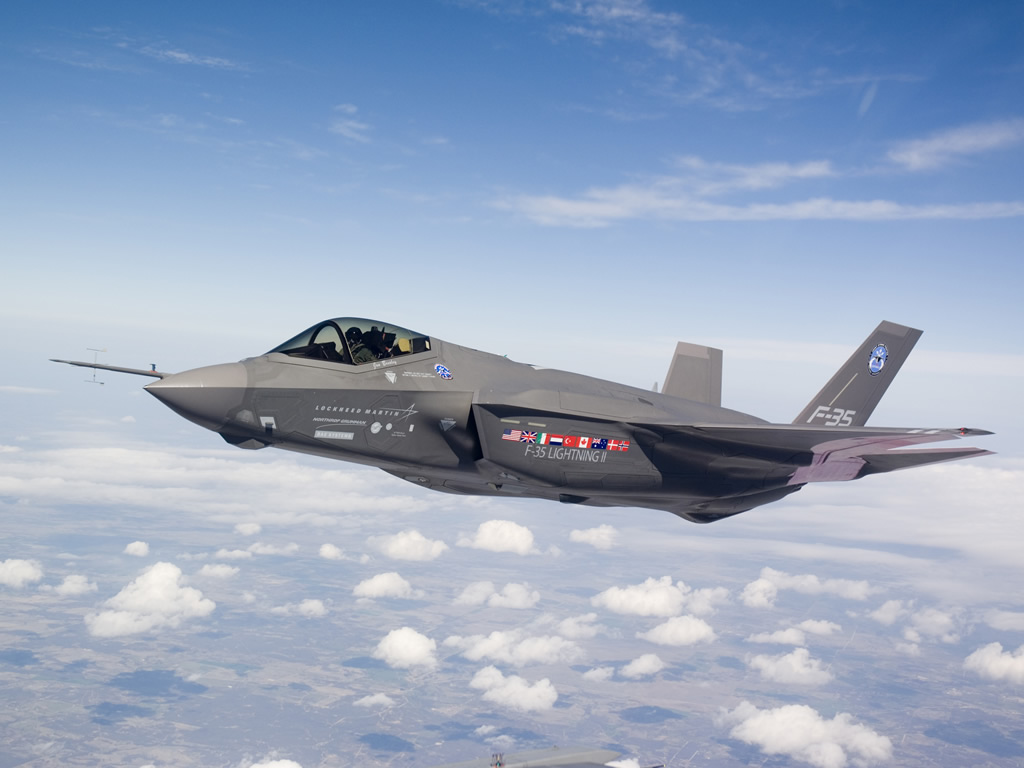In honor of the 10th anniversary of the F-35 aerospace internship program, a ceremony was held at the Societeit de Witte in The Hague on May 22, 2014.
TU Delft President Dirk-Jan Van den Berg served as one of the keynote speakers during the event, together with former Fokker CEO Sjoerd Vollebregt, Royal Netherlands Air Force Commander-in-Chief Lt. Gen. Sander Schnitger and Lockheed Martin Vice President Steve O’Bryan. Former participants of the internship program were also in attendance.
Established in 2003 in cooperation with aerospace technology specialists Lockheed Martin and Fokker Technologies, the 5-month internship program offers top TU Delft science engineering students the opportunity to work on the F-35 Lighting II Joint Strike Fighter (JSF) jets in Forth Worth, Texas. The program was initiated by Lt. Gen. (retired) Ben Droste, former Dean of the Faculty of Aerospace Engineering at the TU Delft.Since its inception, more than 72 students have participated in the internship.
“The F-35 is the world’s most advanced, 5thgeneration jet fighter,” says Marianne Mulder, Communications Officer for Fokker Technologies. “Interns are able to observe and learn about state-of-the-art technologies and work with the most intelligent aerospace professionals in the world. The knowledge they gain during the internship can be applied to other aircraft types and gives them an excellent advantage when applying for a job after their studies.”
As part of a long-standing technology partnership between the three organizations, Fokker Technologies offers temporary contracts to TU Delft students to facilitate their placement at Lockheed Martin. Qualified candidates are chosen at the beginning of the year through a rigorous selection process. During the program, interns take on various roles on the F-35 production line, gaining valuable hands-on experience. The cultural exchange that takes place while working in an international environment is considered to be an additional merit.
With nine countries involved in the F-35 jet fighter program, the aircraft’s development is regarded as a global platform for innovation, technology transfer and knowledge sharing. “The Dutch aerospace knowledge infrastructure has a world-class reputation,” Mulder claims. “Companies in the Dutch aerospace cluster work closely together with universities, knowledge institutes and customers. We do not build aircrafts ourselves in the Netherlands, so it is extremely important to keep the knowledge and infrastructure up to date.” According to Mulder, this can primarily be achieved through collaboration with key players in the aerospace industry.



Comments are closed.